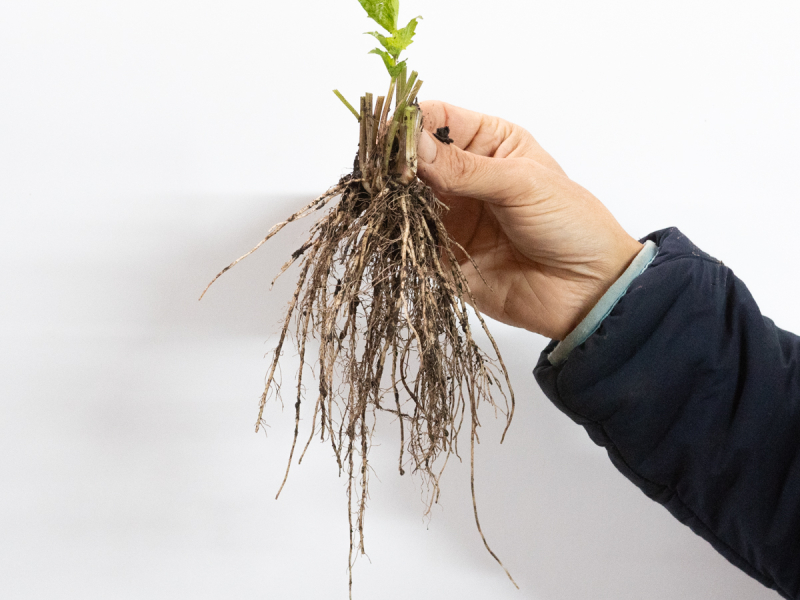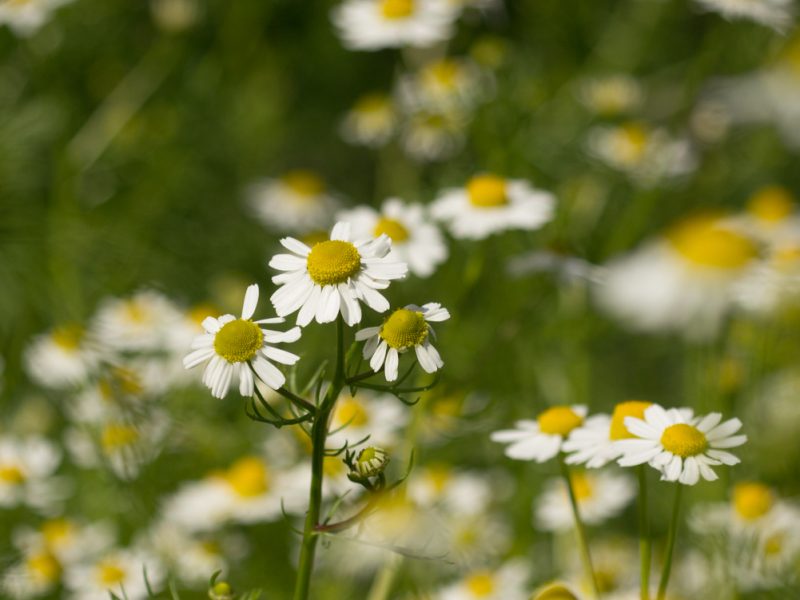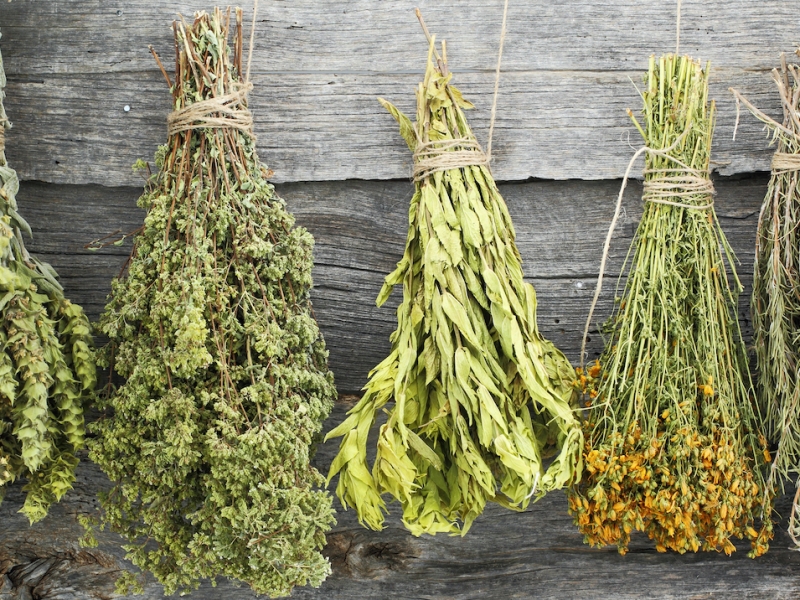Valerian is an ancient remedy used in modern times for overexcitement and sleeplessness. Interestingly its name is derived from the Latin ‘valere’ which means ‘to be strong, powerful, healthy’, and valerian was traditionally most valued as a tonic, especially in convalescence. Valerian root has been used as a sedative in Europe since the 16th century and was a prescription medicine as such in the 19th and early 20th centuries across much of the world. In the 20th century, valerian became known as a ‘nervine’, implying that it could calm, while also acting as a tonic to nourish and improve the function of the nervous system.
Over 130 phytochemical compounds have been found in valerian including aromatic Terpene Valepotriates and Valerenic acid . As none of them in isolation have the characteristic Valerian-like effects, it appears they work together synergistically to bring about their benefits. Scientific research is now showing us that some of these constituents may bind to GABA receptors to regulate activity in the central nervous system. Gamma-aminobutyric acid, or GABA, is a neurotransmitter that sends chemical messages through the brain and the nervous system, and is involved in regulating communication between brain cells. The role of GABA is to inhibit or reduce the activity of the neurons or nerve cells playing an important role in behavior, cognition, and the body’s response to stress and fear.
So its no surprise that valerian is primarily used to encourage a healthy sleeping pattern. Its heavy and grounding properties make it useful in any condition dominated by tension and anxiety, helping fidgetyness and restless leg syndrome. Also being an antispasmodic it can relax tense muscles and may be used for tension headaches, intestinal cramps and palpitations associated with tension in the chest and diaphragm. Its warming and soothing properties make it useful for pain and anxiety associated with menstruation.
For some people however the tonic reputation of valerian can translate into a stimulating effect. If you feel anything like this stop the valerian and start it again to be sure. You can see this stimulating effect in cats. Valerian contains a similar volatile component of the essential oil also found in catnip. This is why cats love the smell of valerian as well. Store it carefully.





















Reviews
There are no reviews yet.